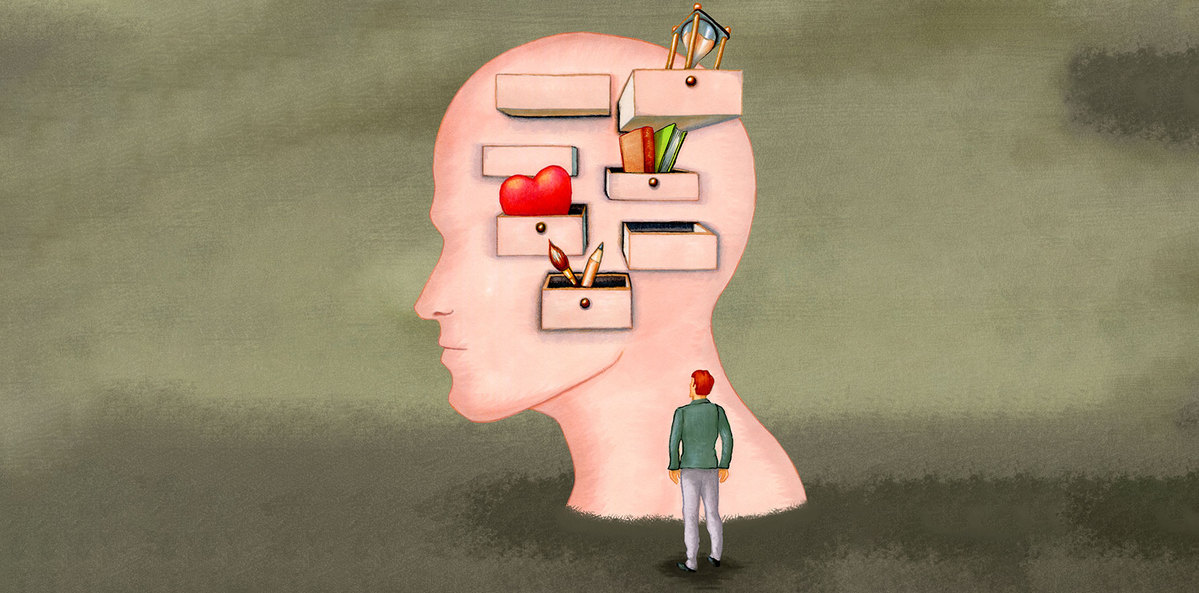Nobody’s perfect in this field, so don’t let fear paralyse you – just be ready to learn. And, occasionally, laugh.
A welcome to you, new doctors. We’re excited to have you and look forward to your journey in medicine.
Whether you’re on a new term rotation or resident job, or more excitingly, starting a new chapter as a specialist training registrar, congratulations!
I met a young doctor last week, about to start his internship, who shared a mishap that had occurred when he was on his “shadowing” shift: “I can’t believe I made a mistake already and now I’m so nervous about next week,” he said. Because you prescribed one tablet BD instead of two tablets daily? “God, what if I do that again and there’s a massive complication. Oh no, I’m so nervous. What if I make another mistake?!”
I spent 20 minutes telling this young doctor about my own experiences in internship. The three hours I once wasted withmy co-intern calculating a warfarin dose (3mg vs 3.5mg) because we were convinced the patient would die from a massive intracranial haemorrhage if we got the dose incorrect. The time I was exhausted and distracted and I confused the dosing of metoclopramide and metronidazole. The time I rewrote a three-page medication list and impatiently charted Augmentin as a PRN. The time I didn’t call the registrar on call overnight about a newly admitted and unwell patient because I had already called him five times and I was too intimidated to call a sixth time. The time on a rushed ward round that I charted amoxicillin in a patient with a known penicillin allergy. The first weeks of internship during which I missed more IVCs than I placed. My first intubation – oesophageal. My first lumbar puncture – dry.
There are also the funny mistakes. The time another junior doctor friend made an autonomous decision to send off a tissue sample he had pulled out of a blocked stoma querying “unidentified tissue ?necrotic bowel”. In shared stress, we all crowded around the computer to see the histology when our friend was directly paged by the pathologist advising him to check the report ASAP. “Unidentified tissue is some form of undigested vegetable matter. Reassurance given to treating team”. Suspect the pathologist was the only person in this story who kept a straight face.
There was the time a grad nurse paged me 14 times in one shift to report the bowel actions of her patients. When I turned up in a huff, the mortified grad nurse had to explain to the nurse in charge why she had done this: I had told her that our surgical team was worried if the patients’ bowels weren’t open. Correction: the surgical team was worried about one particular patient whose bowels were not open because the patient was day 9 post laparotomy for ischaemic bowel and had a nasty ileus. I had not communicated this clearly, leading the nurse to believe that I just worried in general about constipation and thought she would be reassuring and proactive and page me every time every patient had a bowel action.
I was quite taken aback when the young colleague I was talking to last week laughed and said, “Wow, if these mistakes happen to even you, then I feel so much better.” “Even you” presumably suggests that I, as a generally very safe and experienced specialist GP, am infallibly perfect and incapable of errors.
New doctors: let these beliefs go. Please. All of us, every one of us, each of us doctors, entirely 100% of our community, each single person who practises medicine, with no exceptions, ALL OF US make mistakes. If you think you don’t and you think you won’t … m8. Respectfully … u r wrong. If you think you’re never going to make a clinical error because you’re a “good doctor”, u r so wrong. If you think your communication is flawless and you’ll never have a patient or nurse misinterpret your words, nope. If you think complications won’t happen to you because you are cautious and careful and practised. U r. So. Wrong.
The worst of outcomes can and will happen to the very best and safest of doctors because welcome to the human body. Welcome to human error and circumstance and bad luck. Welcome to being inexperienced. Welcome to working with mortality. Do the very best at your job; be cautious and careful and practised. But don’t expect to never face the unthinkable. At the least, hope and expect that you’ll only make small mistakes. Errors that you’ll laugh about a year later. And if you do make a big mistake, I wish you compassion and forgiveness and strength to face it.
Related
If you are learning, you will make mistakes. That is true for children and medical students and haematology registrars. It is true for surgeons undertaking a fellowship, and for GPs 20 years into private practice. As clinicians we are learning every day. And if you are a doctor stepping into a new role as a hospital executive, or board member, or founder of a medical tech start-up, you will make mistakes here too. Where there is potential for growth, there is potential for mistakes.
So, to our lovely new and very nervous doctors: I still think you will do great. 🙂 The nervousness is normal and healthy and hopefully you grow to enjoy the job as much as I do. The good days are really good. The bad days – the days with the mistakes – they’re tough, yes, but we all have them. All. Of. Us. A good mentor or consultant will reassure you with stories of their own mistakes and help forgive yours. And one day, you’ll get to welcome in the new doctors with the lovely greeting of “m8 if you think you’ll never make a mistake u r downright delulu” or whatever the young people are saying in 20 years.
Dr Pallavi Prathivadi is a Melbourne GP, member of the Eastern Melbourne PHN Clinical Council, and GP Lead of the RACGP Academic Post program. She holds a PhD in safe opioid prescribing, and was a Fulbright Scholar at the Stanford University School of Medicine. She is currently studying creative writing at Harvard University’s Division of Continuing Education.





